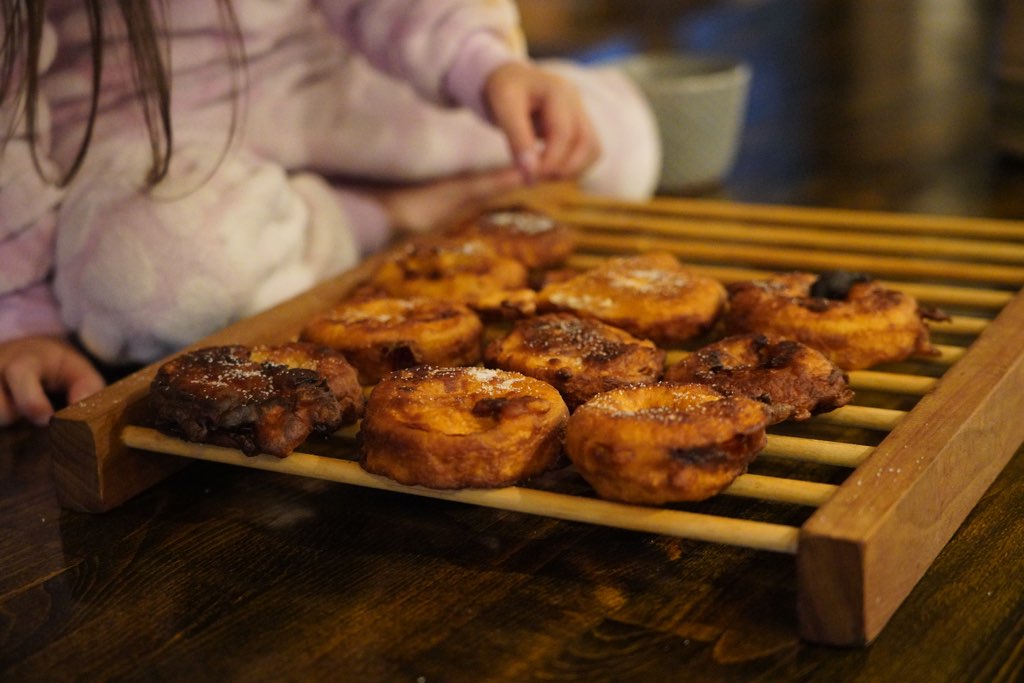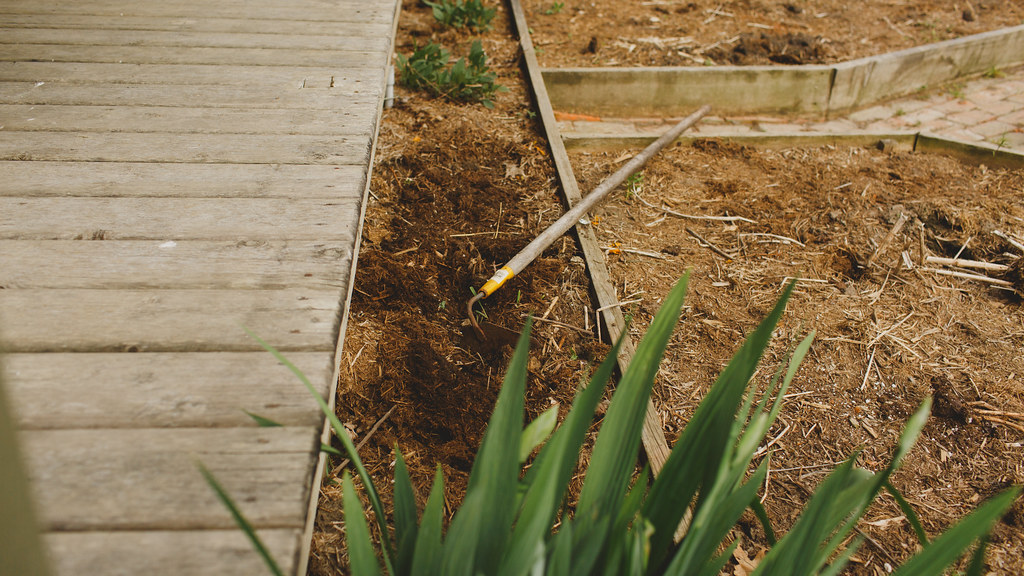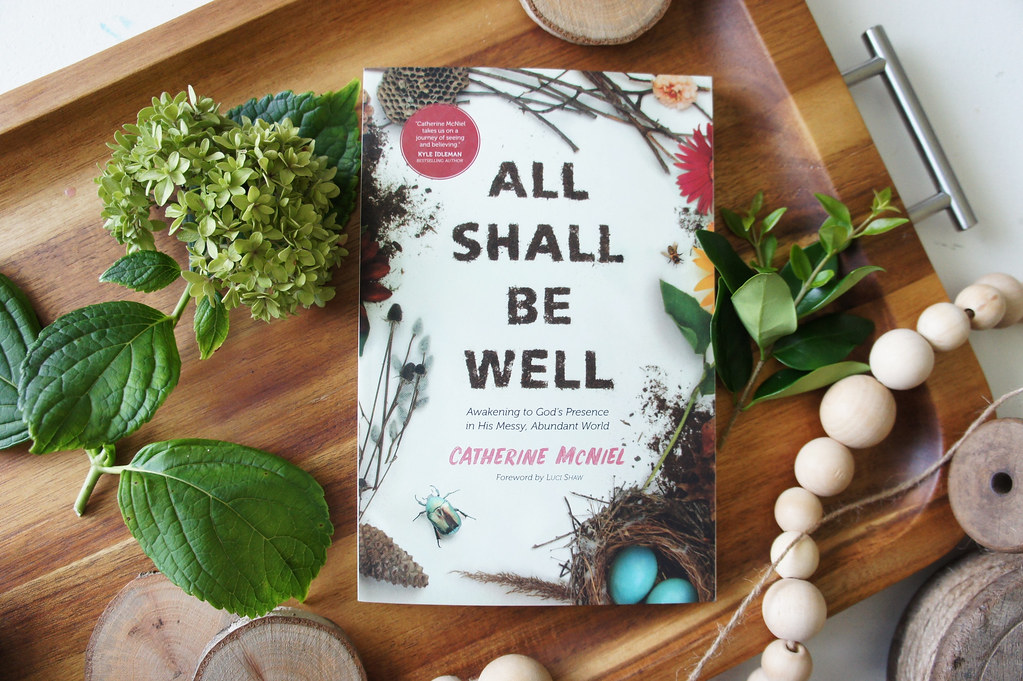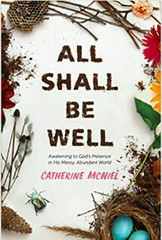God made this world of light and darkness, summer and winter, life and death. What does He intend to teach us in these ever-repeating cycles and seasons? Seamlessly weaving biblical truths into everyday life, Catherine McNiel will help you discover an unbelievable reality: God meets and transforms you in the mess and abundance of every moment. It’s a grace to welcome Catherine to the farm’s front porch today….
guest post by Catherine McNiel
I step outside to call my children: Time to stop playing and get in the car! Ten minutes ago, I sent them out, washed and dressed, so I could finalize the last-minute details for today’s family party.
A rookie mistake, obviously.
As they streak past me, I notice that something has gone very, very wrong.
My darling daughter’s face, neck, hands, and sundress are streaked with raspberry juice.
And my son—oh my abundant-life son—has covered his entire head with mud. Literally the only thing I can see are his bright and shinning eyes.
I scream for everyone to stop.
They freeze, caked hands clutching door handles. Texting my parents to apologize for what I’m confident will be a lengthy delay, I gingerly place a child under each arm and head for the shower.
I can’t be mad. I can’t be anything other than shaking with laughter.
What is summer if not dripping with delights, imploring us to get our hands dirty, inviting us to immerse our faces in the abundance and relish the richness of it all?
Why are we on earth if not to dive right in? My children were merely flourishing, answering the call of life as they were made to do.




Joy Prouty




Joy Prouty

Joy Prouty



Here is the wild paradox of creation: God ordered the world out of chaos, but the verdancy of life results in a whole new kind of chaos.
Clearly, God’s purpose in organizing a formless void into millipedes, jellyfish, hedgehogs, and poison ivy was not so we could sit restfully in a meditative state.
We stubbornly hope that life will leave us more or less alone in peace and quiet, that the forces of nature and human nature will be straightforward and controllable, bending to our own dictation.
But life exists only inside messy, colliding relationships. From the sperm and the egg, the bee and the pollen, life is about crashing into each other—for better or for worse (and most of the time, a good bit of both).
We celebrate that God made order and form out of emptiness, but there’s another angle to consider.
God had an eternity of time in which He alone existed, in triune unity.
Can you imagine the harmony? Why mess that up with a garden?
I can exhibit a great deal of love, peace, and self-control when I’m in a room by myself, as long as you don’t introduce anyone else into the picture.
What was it like when God and God alone reigned in the vacuum of unformed reality?
But this peace and quiet, this overflowing of goodness and righteousness was not, apparently, the ambiance God was going for. While it may sound heavenly to me, harmonious solitude is not what our Creator pronounced good.
God decided to mix things up in a major way.
The Creator is a Gardener. Like my son, He gets His hands dirty.
The story told in Genesis 2 depicts God planting purposely, beginning a world swarming with life. Into this story, God adds a human, living alone in God’s presence.
Again, I wonder: Why mess this up? So nice, just the two of them in paradise.
Yet in God’s creative scheme, one is not enough for the collisions necessary for abundance. God creates a second human—and still, the resulting chaos isn’t enough.
He orders the two to increase, to multiply, to make more and more and more life. More noise, more chaos, more crashing and colliding, more cacophony.
It seems that God thrives and rejoices in the pandemonium of living things bumping constantly against each other—and believes that we do too.
Anyone who has attempted living both alone and in a crowded household knows that much fulfillment come out of relationships, but also a great deal of clamor and crazy. We flourish through jumping into the crazy, by surrounding ourselves with creation and burgeoning abundance.
This isn’t how we want to picture goodness, most of us.
We don’t like the constant jostling and treading on feet, don’t want to be tripped up by crowds, nibbled by gnats, bombarded by smells, harangued by noise.
We’d like to think that real goodness, Godliness even, lies in the silence, the solitude, the ordered, clean, and controlled.
But our Creator doesn’t seem to agree.
Everything about what He made is alive, teeming and swarming and crawling and howling.
The only alternative to abundance is death.
Life is where He is.
In the towering storms and bubbling brooks, in the crying babies and chatty neighbors, in the watermelon juice dribbling off our chins, in the scuttling chipmunks and soaring dolphins.
This crazy, abundant, bombardment of sights and smells and sounds is where He delights, where He hangs out, where we can find Him.
God is present not only in prayer and meditation rooms but also in the dense fertility of life crashing everywhere.
Catherine McNiel is a writer and speaker who seeks to open eyes to God’s creative, redemptive work in each day—while caring for three kids, two jobs, and one enormous garden. Catherine is the author of All Shall Be Well and Long Days of Small Things: Motherhood as a Spiritual Discipline, which was an ECPA finalist for New Author. She’s on the lookout for wisdom, beauty, and iced coffee.
The sacred work of creation and redemption is going on all around us—but we are often too busy to notice. All Shall Be Well is about walking barefoot on dew-drenched grass, caring for children and aging parents, and crunching through fallen leaves. It is a book about living life from its imperceptible beginnings through to its full vibrancy and continuing courageously on toward certain decline. About accepting both the flower and the thorn, the gift and the loss.
All Shall Be Well takes the message of creation and redemption out of stained glass cathedrals and textbooks and into our common experience of spring and summer, autumn and winter. Catherine intertwines reality with theology, awakening the reader to the truth of God declared all around us. Seamlessly weaving Bible passages into stories of real life, Catherine kindles belief in an unbelievable reality: that God does His creative, redemptive work in the mud and mortar of each mundane moment . . . and He is always, always making things new.
[ Our humble thanks to NavPress for their partnership in today’s devotion ]








